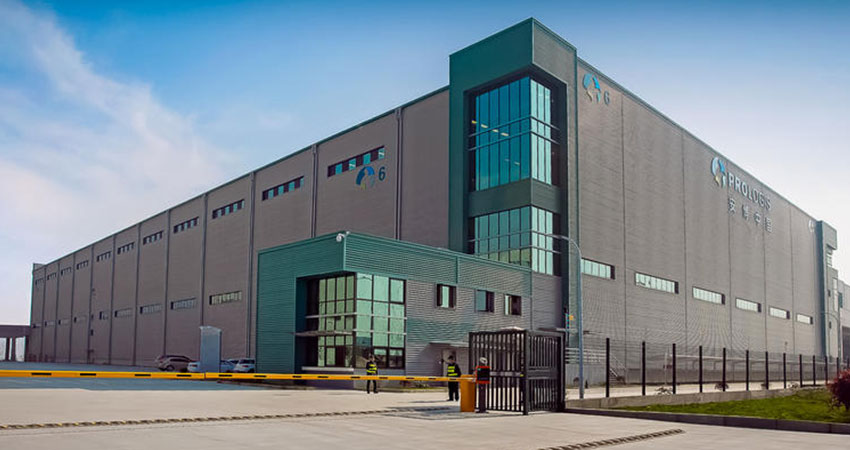Prologis, the largest U.S. player in industrial real estate including warehouses and fulfillment centers, is acquiring Duke Realty in a deal valued at $26 billion, giving Prologis an additional 153 million square feet of active space plus another 11 million square feet under development in 19 markets.
Prologis said it does plan to exit one of the markets in which Duke Realty operates, without naming it. The new parent company controls about 1 billion square feet of commercial space, with tenants including Amazon, Home Depot and FedEx. Key markets where Duke has assets include Southern California, New Jersey, South Florida, Chicago, Dallas and Atlanta.
Last month, Duke Realty had spurned a $24 billion offer from Prologis, according to CNBC, saying it was inadequate. Prologis acquired smaller rival Liberty Property Trust in the fall of 2019 for $12.68 billion.
“We have admired the disciplined repositioning strategy the Duke Realty team has completed over the last decade,” said Prologis co-founder, CEO and Chairman Hamid R. Moghadam in a release. “They have built an exceptional portfolio in the U.S. located in geographies we believe will outperform in the future. That will be fueled by Prologis’ proven track record as a value creator in the logistics space. We have a diverse model that allows us to deliver even more value to customers.”
There has been growing concern about overbuilt distribution and fulfillment center assets, with ecommerce growth slowing a bit and economic uncertainty among consumers related to stubbornly rising inflation and the cost of basic goods. To underscore that point, Prologis share were down 8.9% as of 11 a.m. today, reflecting market sentiment on the deal.
Amazon in particular is looking to shed at least 10 million square feet and as much as 30 million square feet of warehouse space, saying its excess portfolio will add about $10 billion in operating costs in the first half of 2022. This comes in the wake of a $3.8 billion Q1 loss, with overcapacity adding $2 billion in incremental costs. Dave Clark, head of Amazon’s worldwide consumer business, left shortly after, moving over to become CEO at supply chain and freight forwarding company Flexport.

